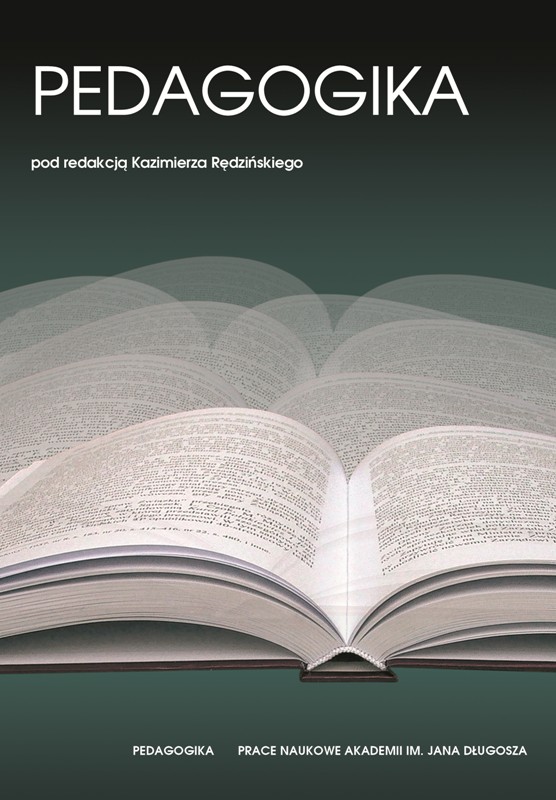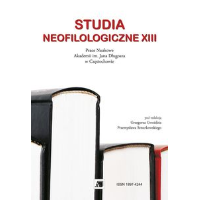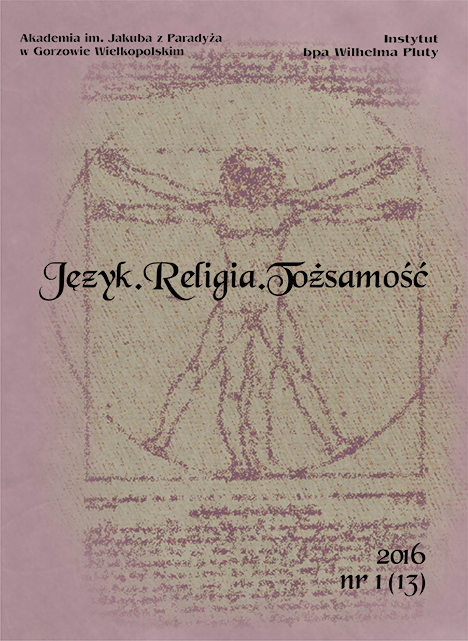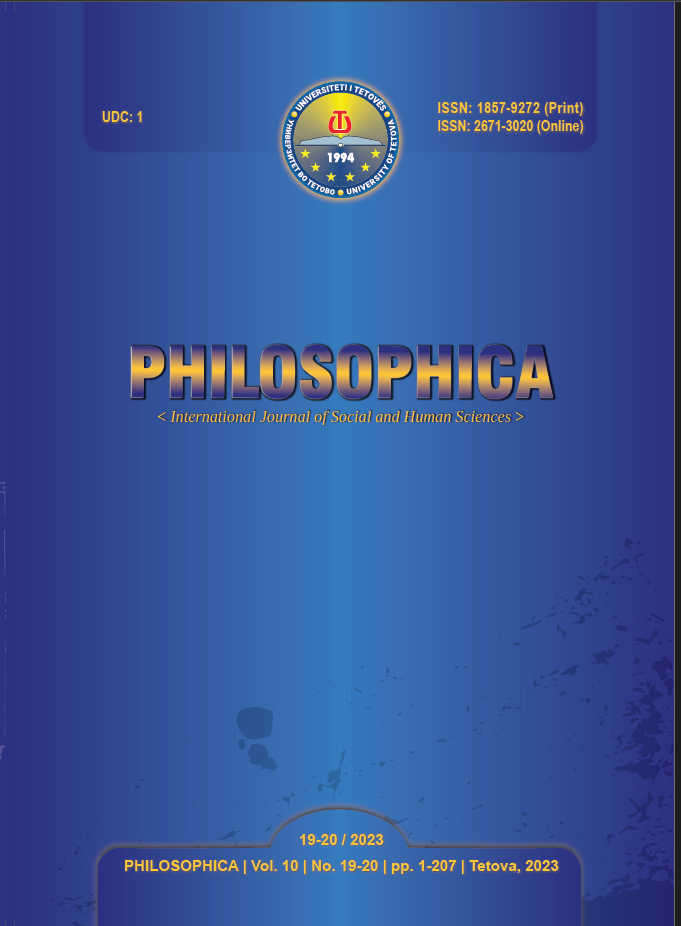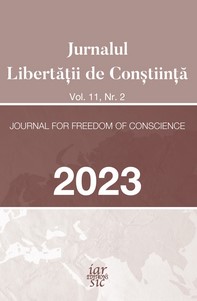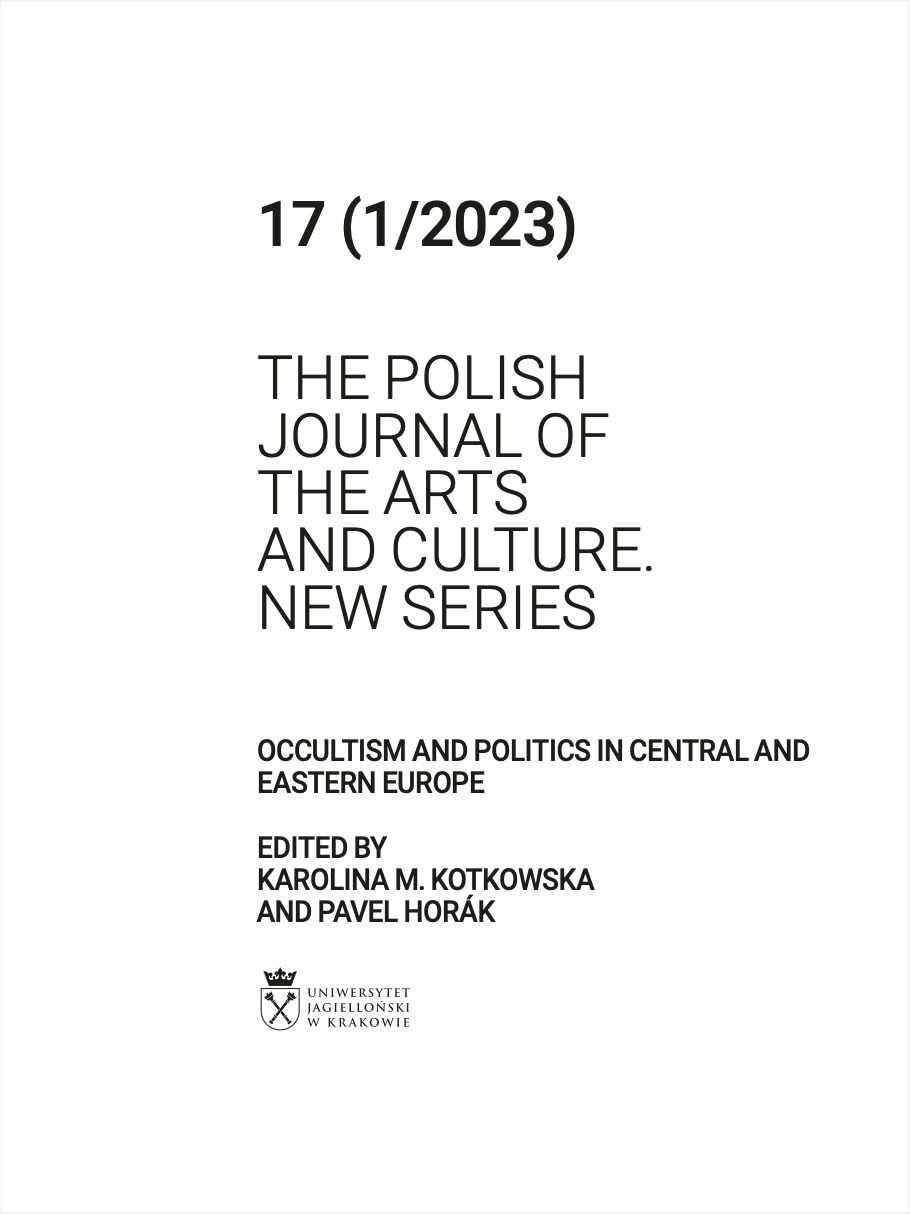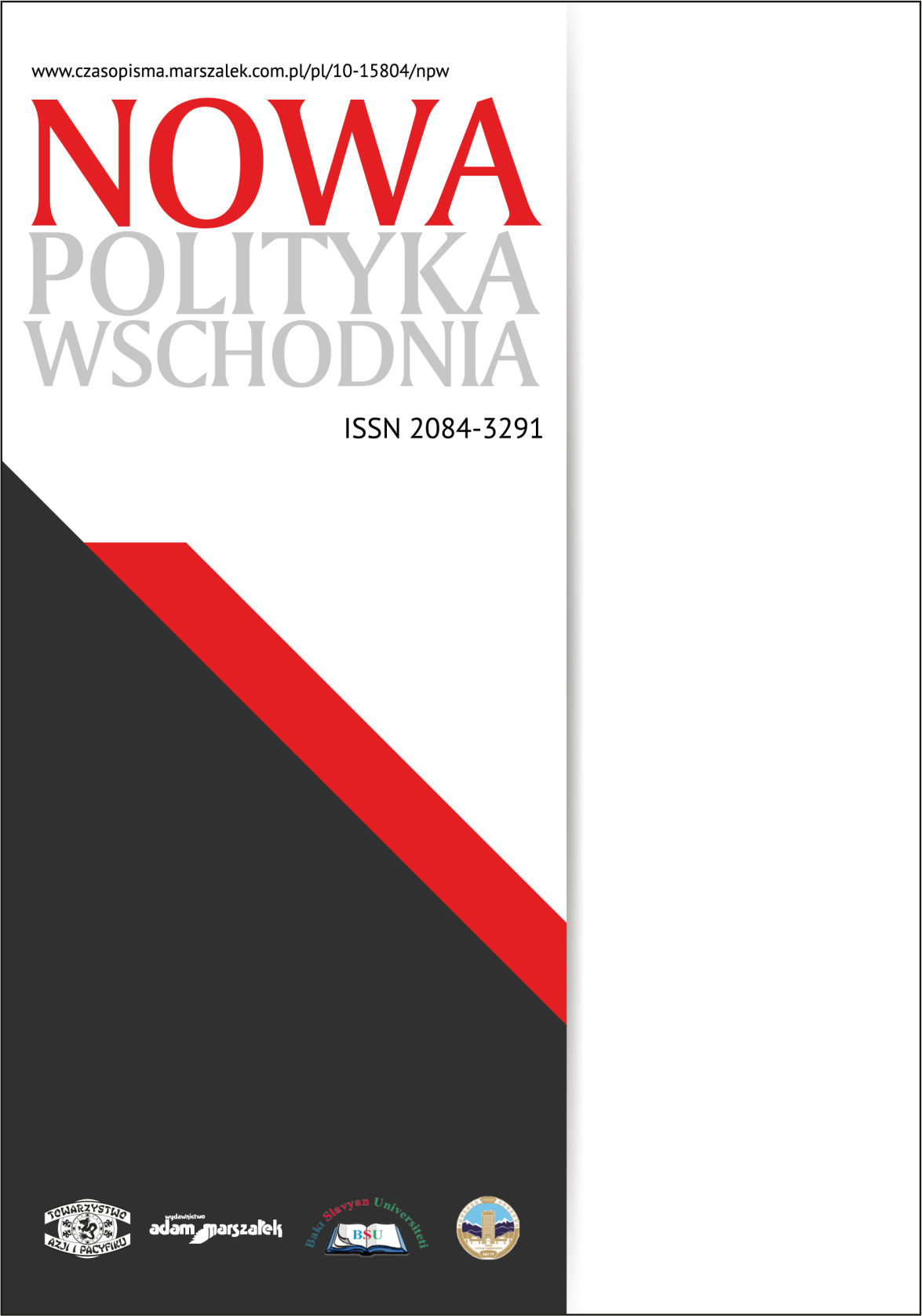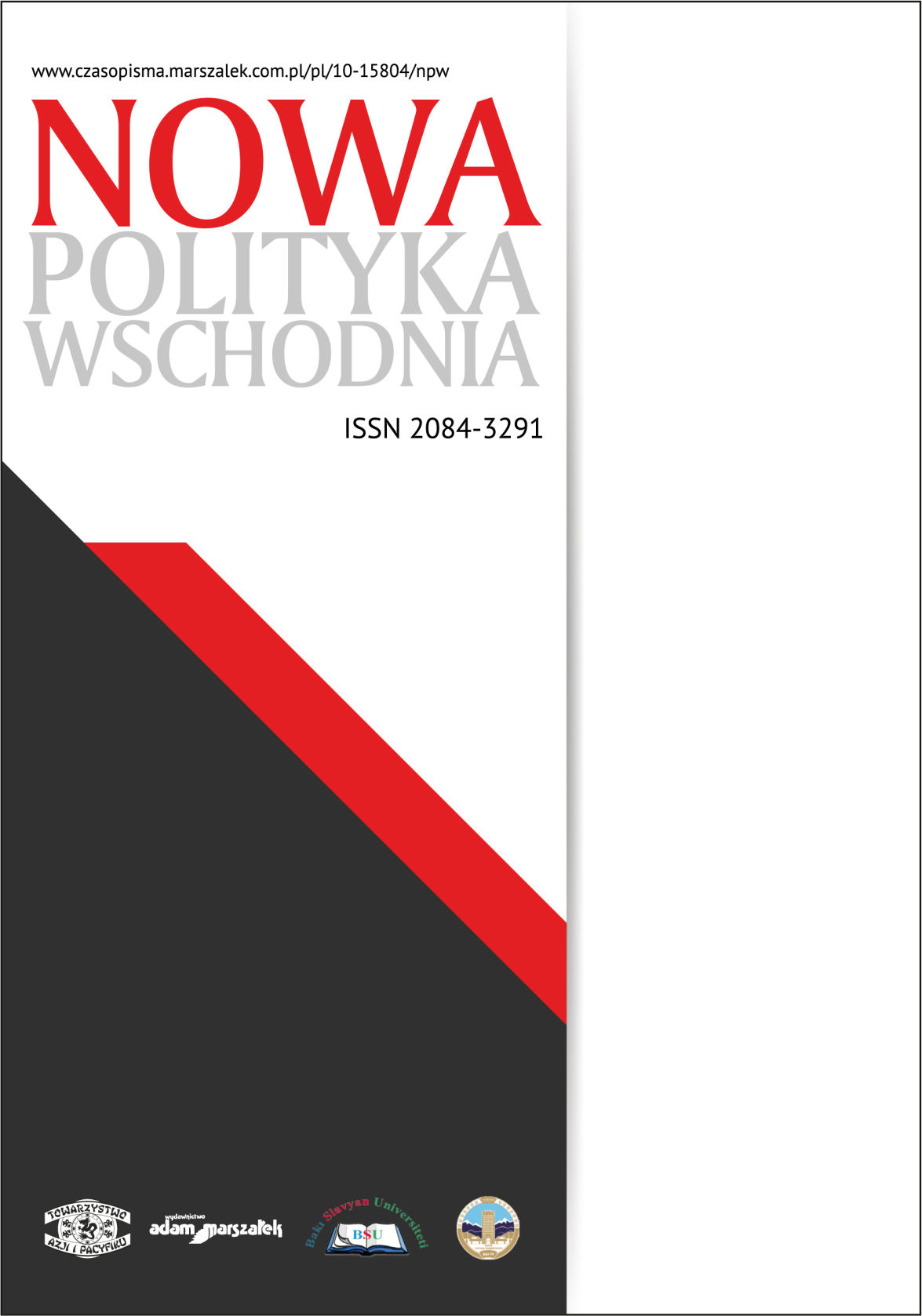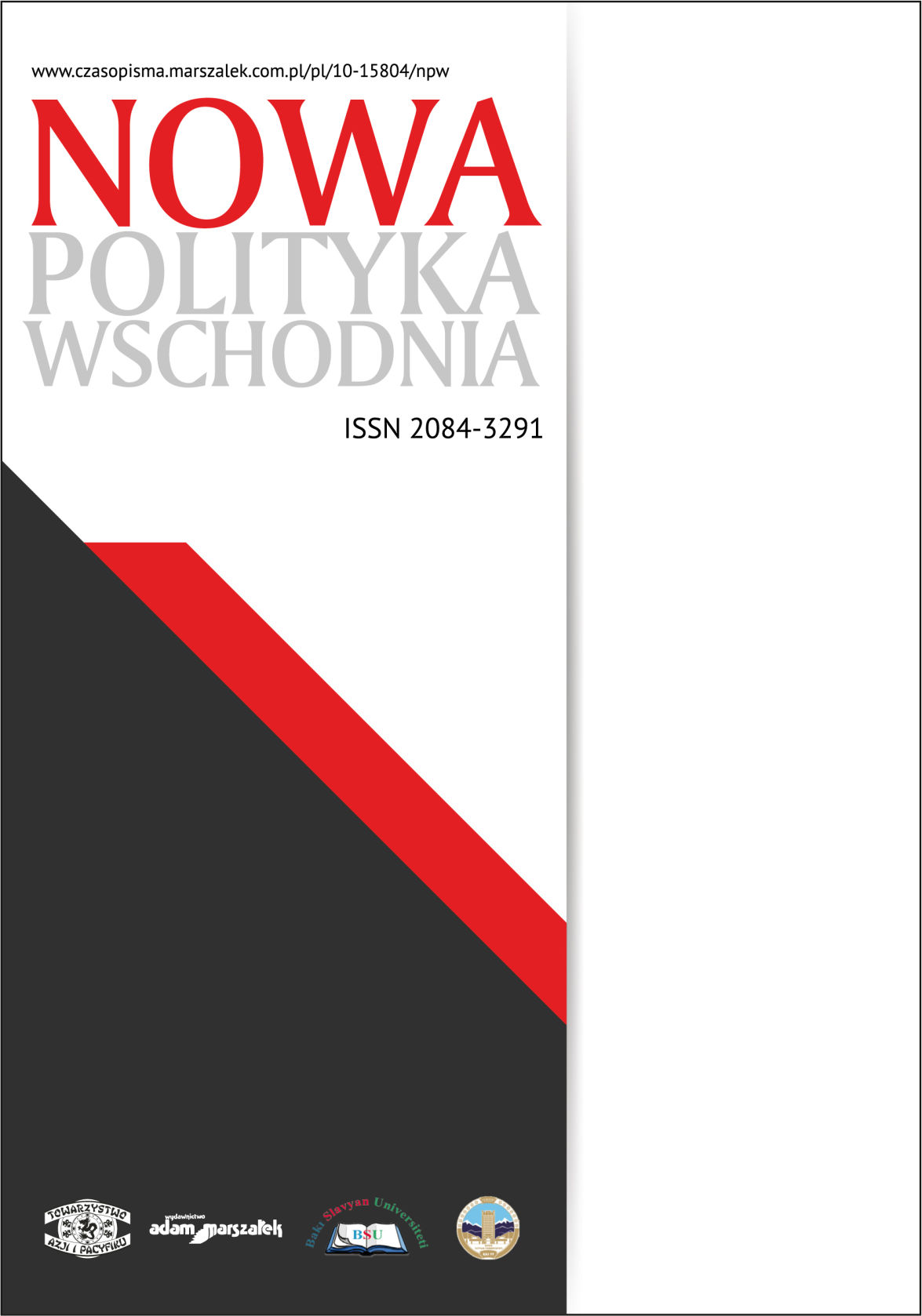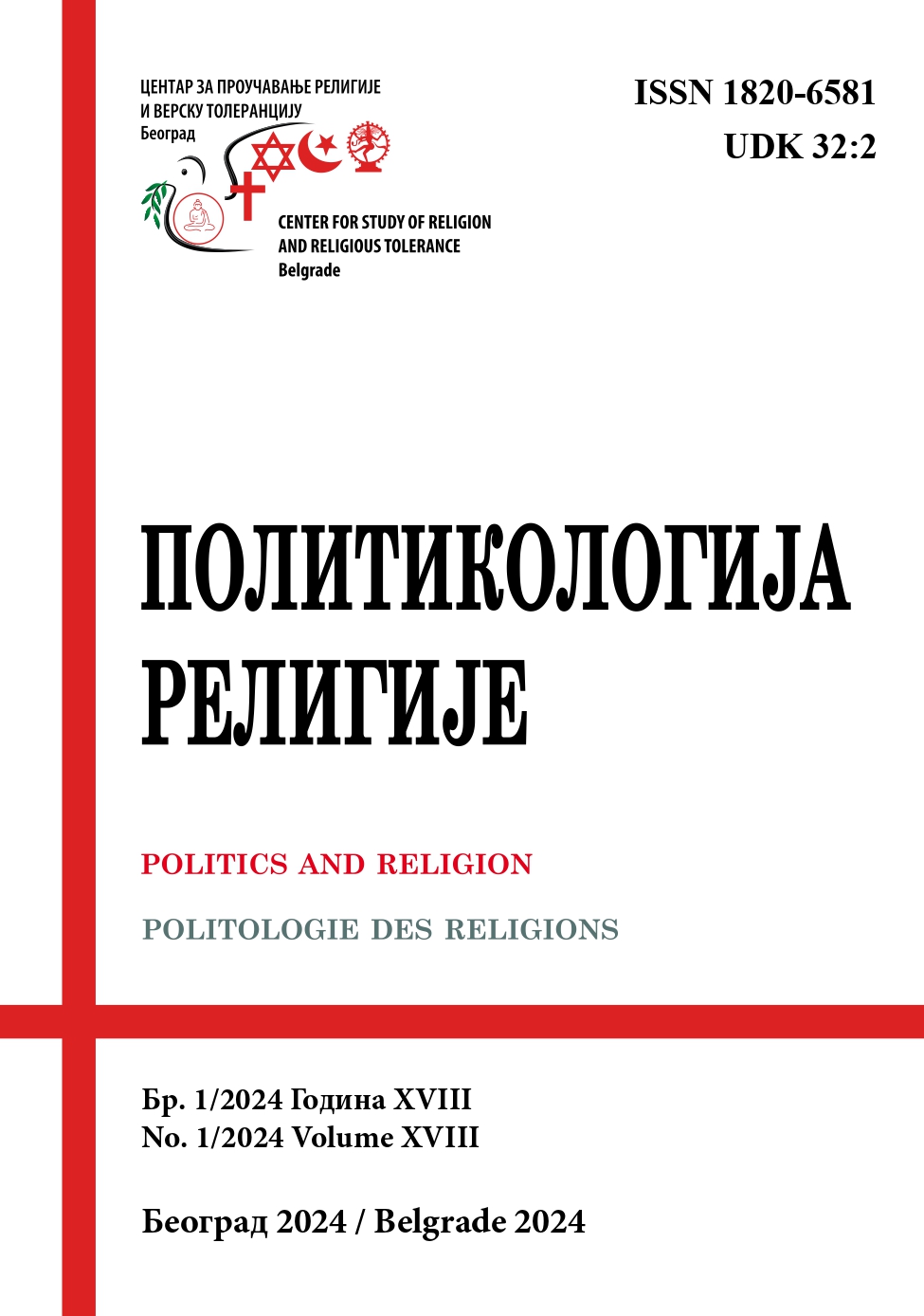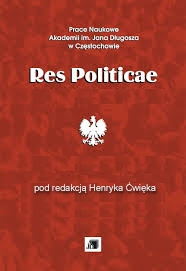
Polski rodowód „wojowniczości” syjonizmu
While the Zionist trends in other countries slided to the fore the political, social and economic ideas, Poland enriched contemporary Zionism in category valor. The transformation of the psyche of the Jewish occurred in the revisionist Zionism in Poland in three phases: Vladimir Jabotinsky (years 1923–1936) began her and gave her the basics, Abraham Stern (in 1936–1939) radicalized it, and Menachem Begin made it applicable in the country Israel. Polish Jews with the help of the Polish Government have enriched the psyche of Jewish valor and virtue, thanks to the modern Israel is the greatest military power in the Middle East.The aim of the article is to show one aspect of Zionism – its militancy, which has grown in the revisionist Zionism. An interesting theme is that this feature evolved in Poland and the main ideologists were W. Jabotinsky, A. Stern and M. Begin. The intentions of the Zionists gained the support of the then (1937–1939), the authorities of the Polish government. Article presents personalities government, the facts support and types of aid
More...
